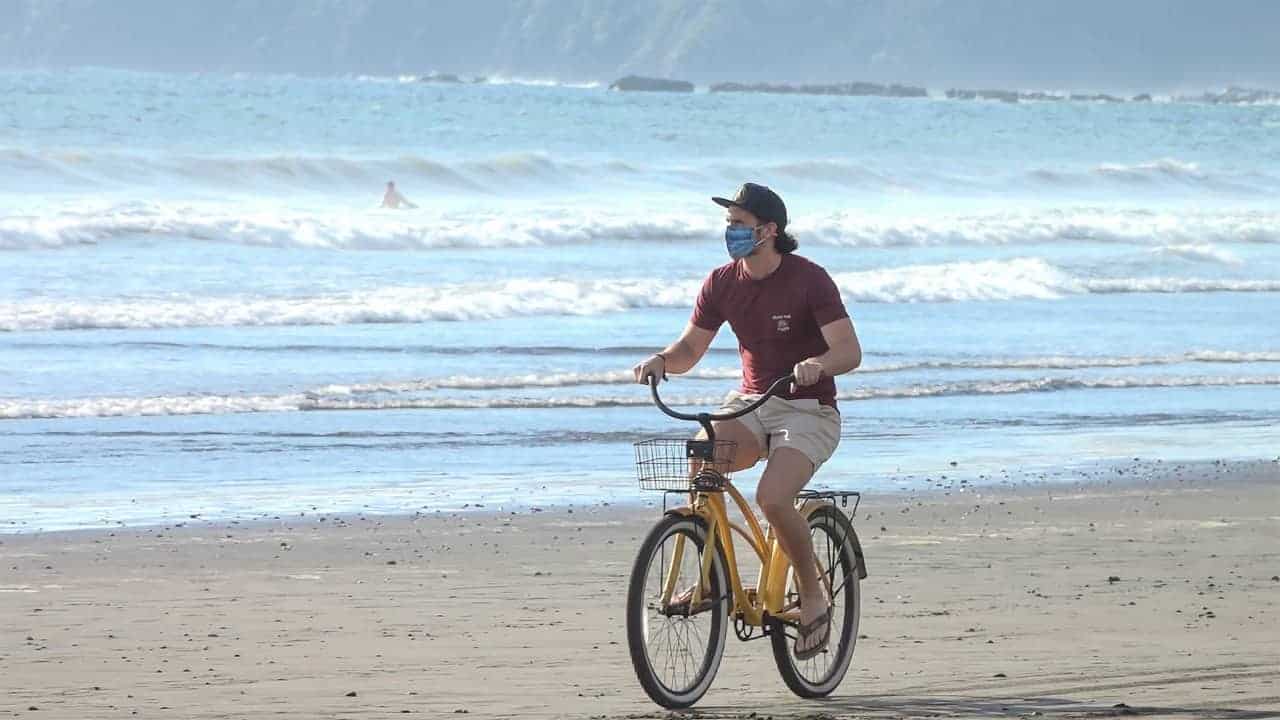A letter to President Carlos Alvarado signed by 27 lawmakers asks the leader to delay Costa Rica’s upcoming vaccine mandate, citing the potential impact on the tourism sector as the high season approaches.
Starting January 8, 2022, Costa Rica will obligate nearly everyone ages 12 and older to demonstrate proof of vaccination against Covid-19 in order to enter most businesses and to participate in adventure tourism activities. The deputies recommended that the mandate instead have a start date of May 1, 2022.
“We consider it extremely unfortunate that the Government of the Republic is not making decisions based on the need to reactivate the economy, and support the sectors that have been most affected by the Covid-19 pandemic,” reads the letter, in part, as cited by La Nación.
Prominent members of the tourism sector have also pushed for the mandate to be pushed back until after the 2021-22 tourism high season.
Most prominent is the Costa Rica Tourism Chamber (CANATUR), which says Costa Rica’s upcoming vaccine mandates could have a “devastating and irreversible effect on tourism activity.”
CANATUR said more than 58% of businesses surveyed reported having received cancellations related to the vaccine requirements, which take effect January 8, 2022.
“Cancellations are already a reality, and inevitably, more will come,” said Rubén Acón, CANATUR president.
“We cannot fail to notice how difficult this will be for companies in the sector. It will bring down the high season, the dream of an entire sector that longed for and expected to have this recovery period without further difficulties, but, on the contrary, the Government announces a measure that threatens it.”
CANATUR said it was in favor of a vaccine mandate if it were enforced after the tourism high season, and it said it would also support a promotional campaign to encourage Costa Ricans to get vaccinated.
About 2.8 million Costa Ricans are fully vaccinated, representing two-thirds of the target population. And most Ticos support a vaccine mandate, per a recent national survey from the University of Costa Rica.






